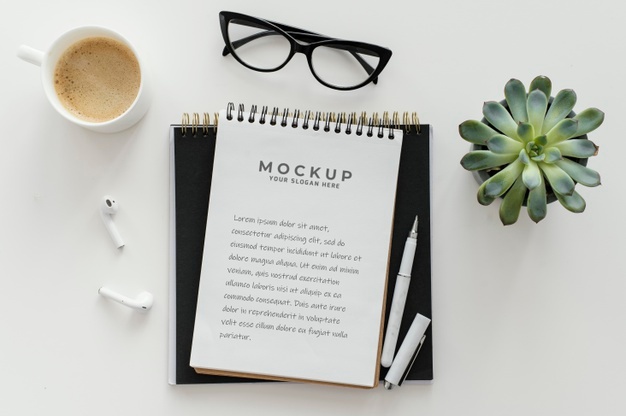What is Dramatic Irony | Definition and Example
What is dramatic irony?
Dramatic irony is a shape of irony that expresses through a work's structure: a public consciousness of the condition in which a work's characters exist differs significantly from that of the personality and the words and acts of the characters. Therefore, take on a different contrary—meaning for the audience. However, Dramatic irony is most often associated with the theatre, but it can find across the academic and performing arts.
Dramatic irony abounds in works of tragedy. For example, in Sophocles' Oedipus Rex, the audience knows that Oedipus's acts are tragic mistakes long before recognizing his errors. However, it includes Jane Austen, William Shakespeare, Henry Fielding, Thomas Hardy, Voltaire, Jonathan Swift, Henry James, and more.
In addition, many writers mistake dramatic irony by creating drama with an ironic twist, but it's nothing much to do with real drama, but rather the effect it builds. When we refer to dramatic irony, the reader knows existence about the quality.
Why do authors use dramatic irony that students study?
However, we use it to create drama and atmosphere at the critical theatre through the novel. If the reader is private, that can't raise the stress and uncertainty for the lecturer. It also provides the narrative with a different dimension because it allows the reader to become part of that moment, more involved. If it revolves around the main character, emotions elevate, and the immediacy between character and reader becomes stronger. It happens because we don't want anything wrong to happen to the hero, and the threat of impending tragedy will do just that.
To a higher and appropriate degree, every author has used dramatic irony, from Shakespeare and, in essence, all his playing to Stephen King. And, they use it because it's a beautiful way to link with the reader on various points.
When we use dramatic irony?
However, irony uses in drama, play and more dramatic events. When the drama of an essential scene requires it, for example, the hero can search for an object or somebody. But he's not conscious of the crew lying in wait for him; however, the reader is usual. You may have a scene where the role of the hero is about to enter a condition. However, it could end – in a courtroom, for instance - but he won't know that. It is how dramatic irony works, and more often than not, authors make this without a thought about it, rather like an in-built skill. Due to this reason, the way we compose is working with a third person several POVs. It allows the perspective of many personalities. Therefore, it will enable the reader to see things that other qualities won't.
Thus, if you want to complete extra tension and emotional atmosphere, make sure you use dramatic irony. The report will do better for it.




If you are battling to structure your paper for assignment, you will find the definite answer at our Assignment Help platform. Great Assignment Helper provides you the 360degree support required to develop premium quality assignments worthy of fetching excellent grades. Our experts are very qualified and highly experienced dedicated academicians renowned for their command over the subject. Despite being the best service provider out there, our prices are always reasonably cheap and affordable.
ReplyDeleteOver the past eight years or so, Great Assignment Helper has been proudly offering bespoke and top quality Assignment Help to overburdened understudies struggling to make scholastic ends meet. Our compositions are always free from plagiarism and they consistently fetch top grades for our clients. Our panel of experts constitutes of extremely qualified experts, analysts, writers and editors with Master's and PhD level subject expertise. We offer customised answers for a wide range of scholastic needs at the cheapest prices.
ReplyDelete